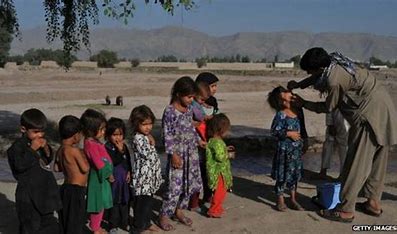In a significant achievement, the number of fresh recruits in terrorist outfits active in Jammu and Kashmir has reduced this year with a first-ever surprising figure showing less number of local terrorists compared to those infiltrating from Pakistan. Data collated by the security agencies states that the number of active terrorists in Jammu and Kashmir till 31 October this year is estimated at around 134.
Of the 134 active terrorists in Jammu and Kashmir, 51 are local terrorists (LTs) and 83 are Foreign Terrorists (FTs), mentions the data recently shared with the Ministry of Home Affairs (MHA).
The terrorists mostly belong to outfits like Lashkar-e-Taiba, its offshoot The Resistance Front, Jaish-e-Mohammad and Hizbul Mujahideen, an official citing the data said.
Last year, the number of active terrorists was 184, including 99 LTs and 85 FTs.
A comparison of the two figures shows a clear reduction in the fresh recruitment of Jammu and Kashmir youths.
Different terror groups have recruited nearly 700 local youths in Jammu and Kashmir in the last four years – 187 in 2018, 121 in 2019, 181 in 2020 and 142 in 2021.
This year till October 31, the data showed, the security forces have eliminated 176 terrorists in various encounters. Of these, 126 were locals and 50 were foreigners.
The reduction in fresh recruitments is a significant achievement as 2022 marked three years since the central government led by Prime Minister Narendra Modi revoked the special status of the erstwhile state of Jammu and Kashmir and created two new Union Territories (UT) of J-K and Ladakh so that all rules being implemented across the country can be implemented in the region too to curb terrorism and create peaceful law and order.
Several initiatives implemented by the J-K administration and security establishments as well as the Centre since then demonstrate that a change is afoot on the ground, which offers hope for a better future.
One of the most picturesque regions of India, J-K, has been afflicted by the problem of cross-border terrorism, separatist violence and armed militancy for the last three decades. However, since the heydays of terrorist violence in the early 1990s, this militancy has transformed radically.
Various internal and external dynamics have impacted it, like the driving role of Pakistan’s ISI, the evolution of Kashmir’s separatist politics, influence of pan-Islamic terrorist groups and the emergence of social media.
Consequently, officials said, the militancy in J-K presently represents a qualitatively different challenge to the security establishment than in 1989, when scores of Kashmiri youth crossed the Line of Control (LoC) to train in Pakistan-Occupied J-K (PoJK) and joined the ranks of terrorist outfits or organisations.















